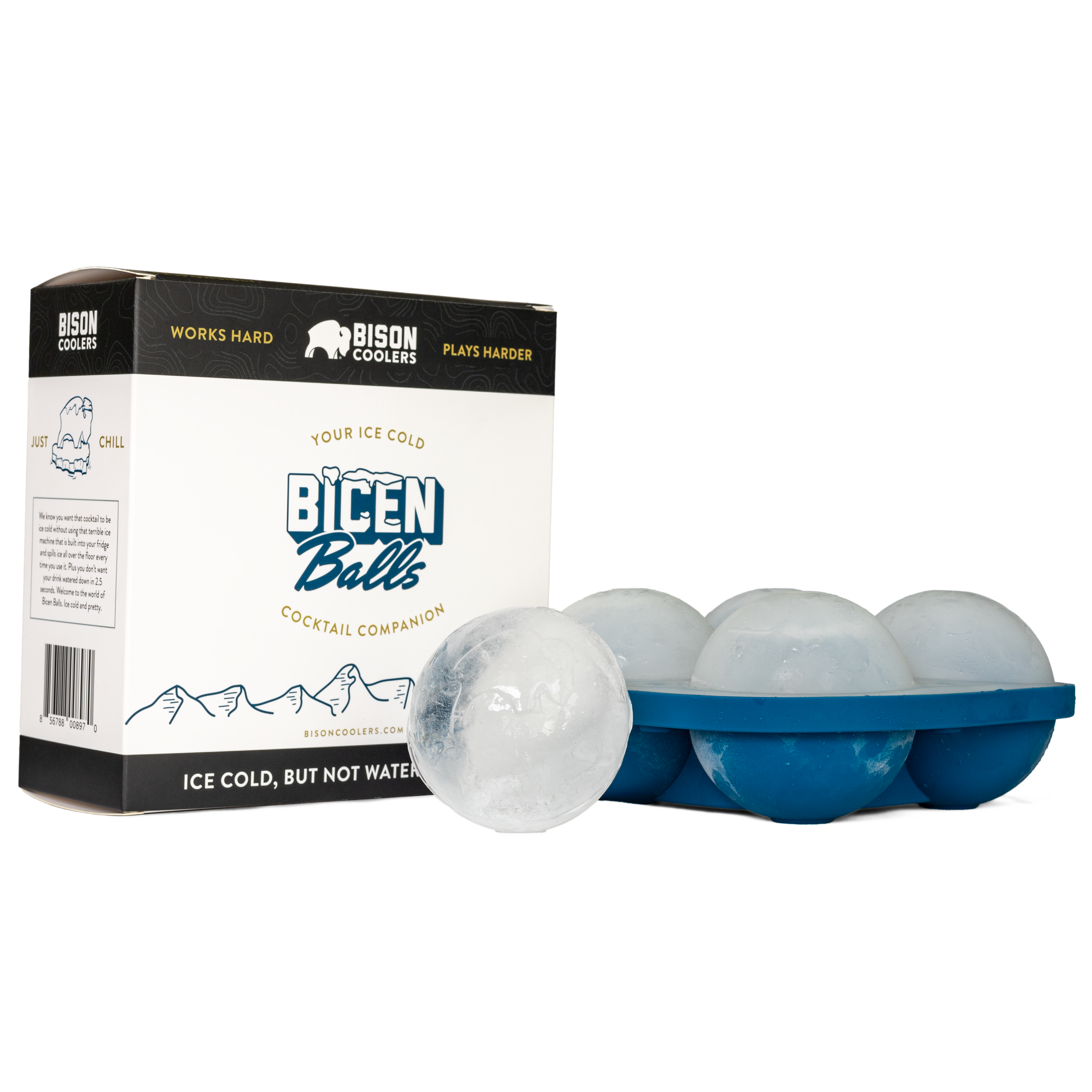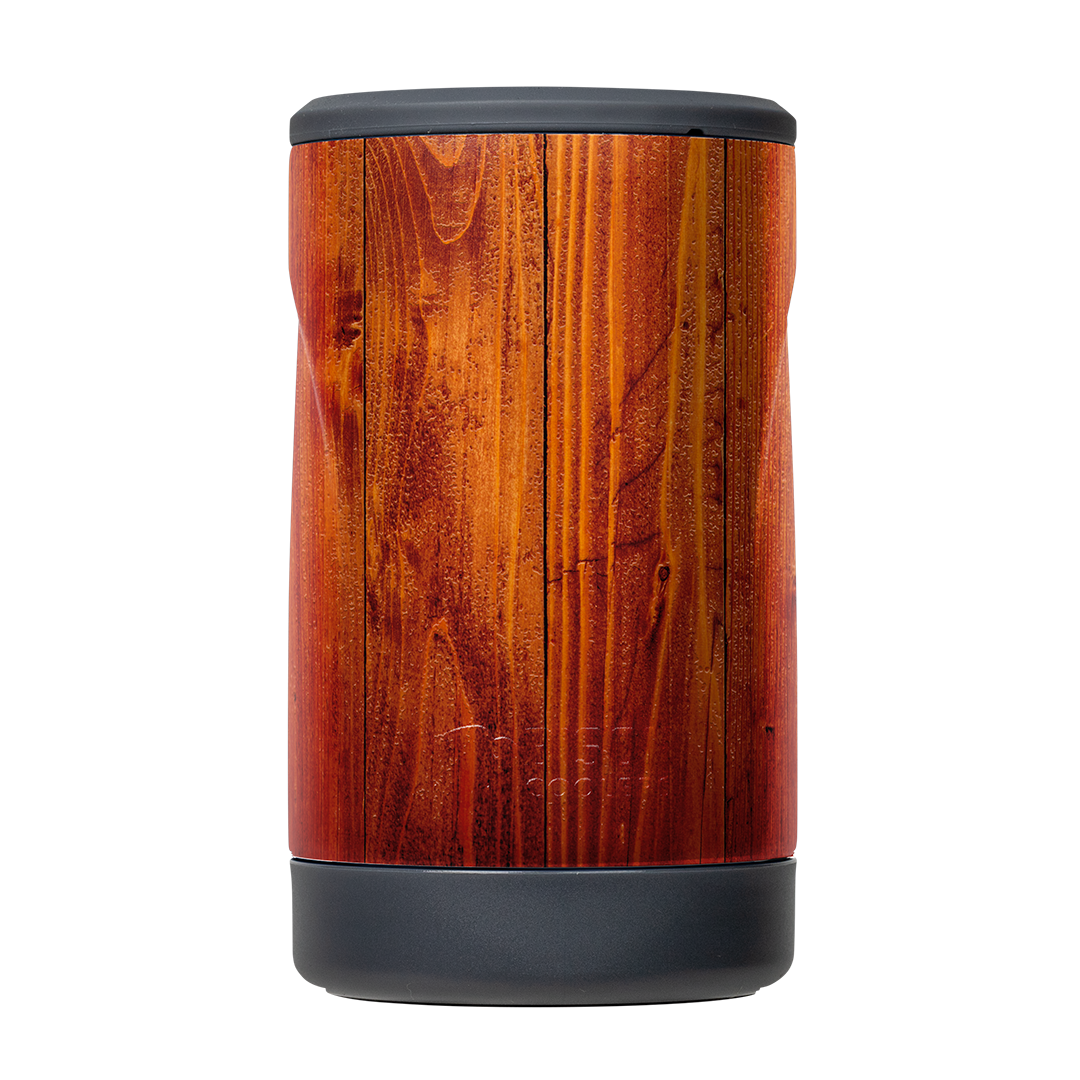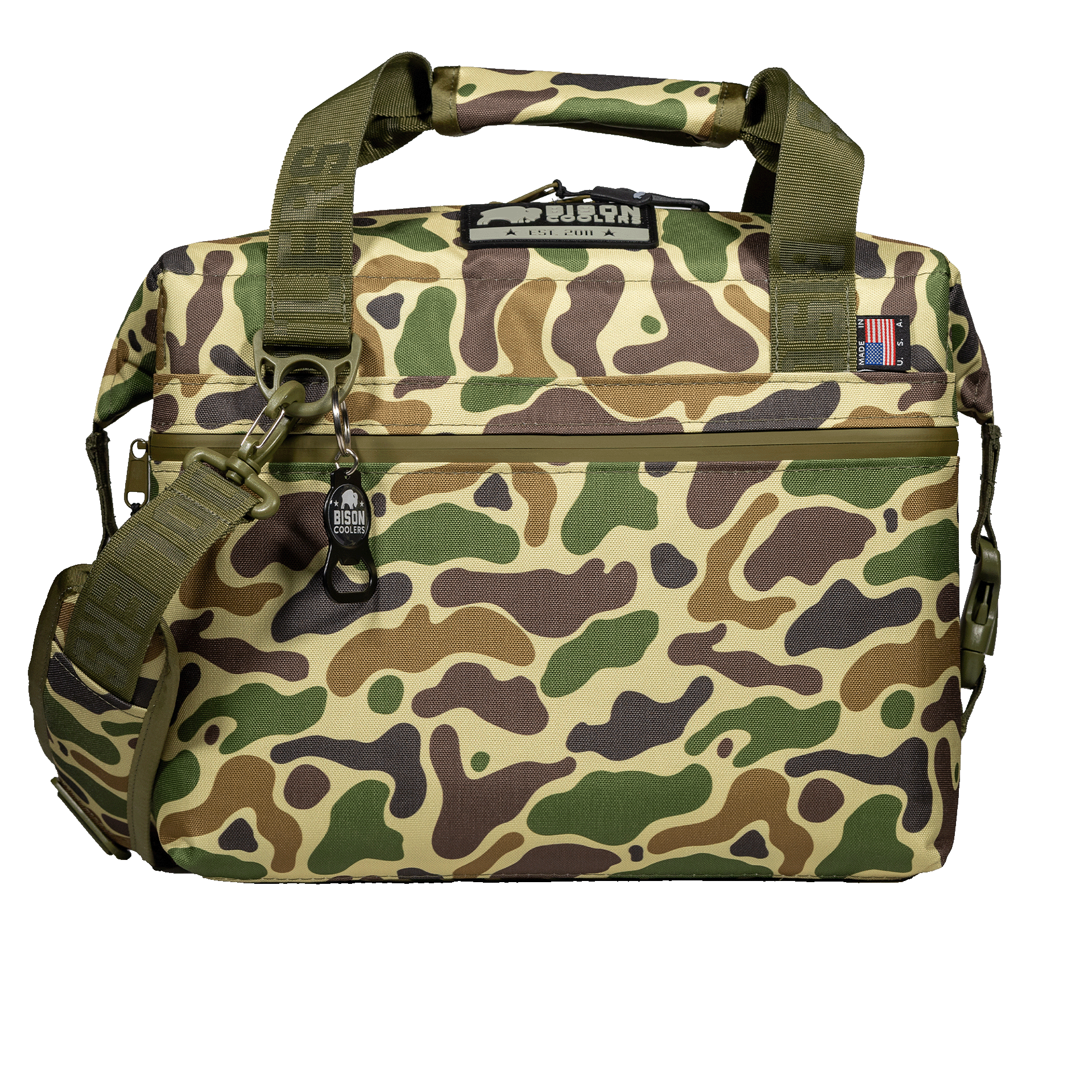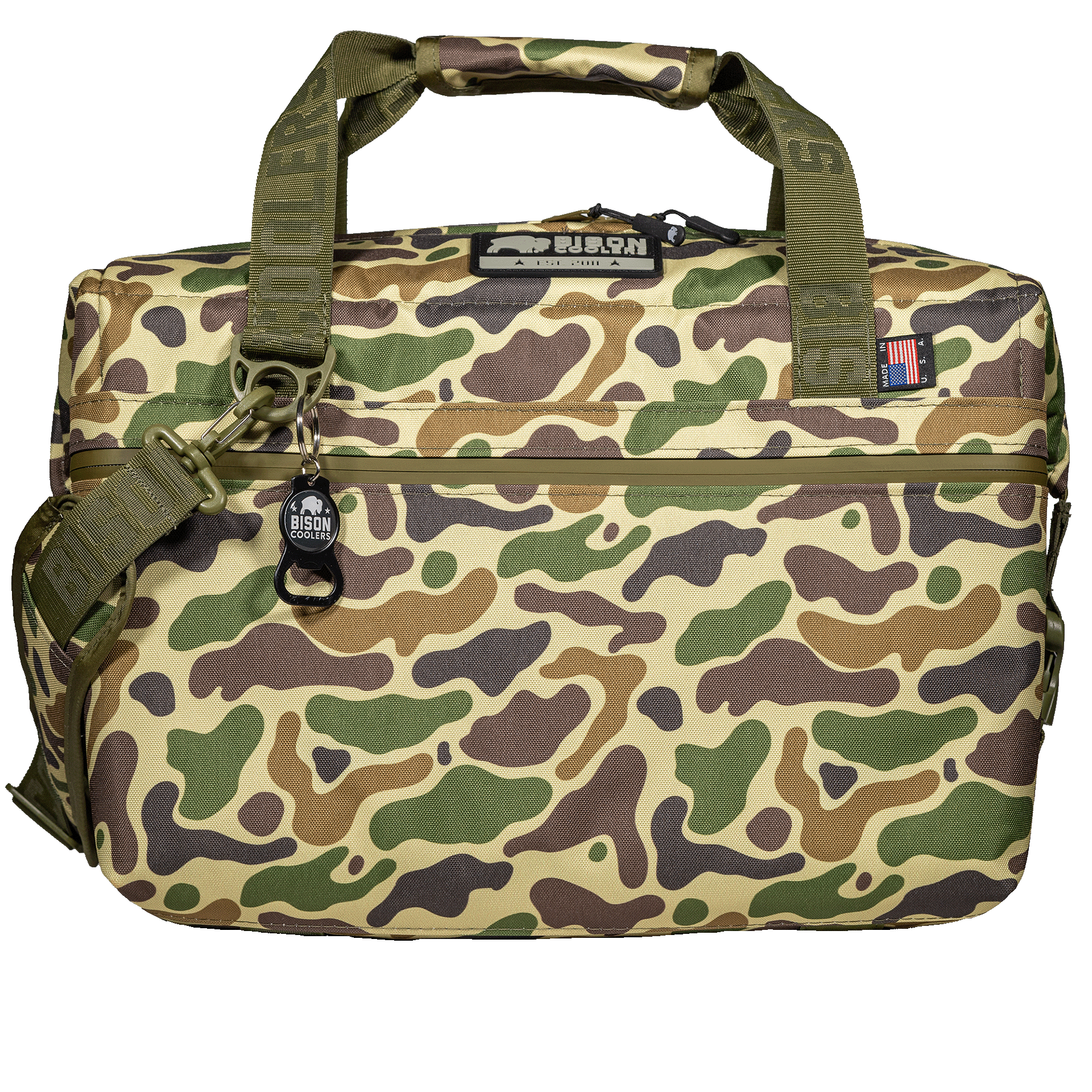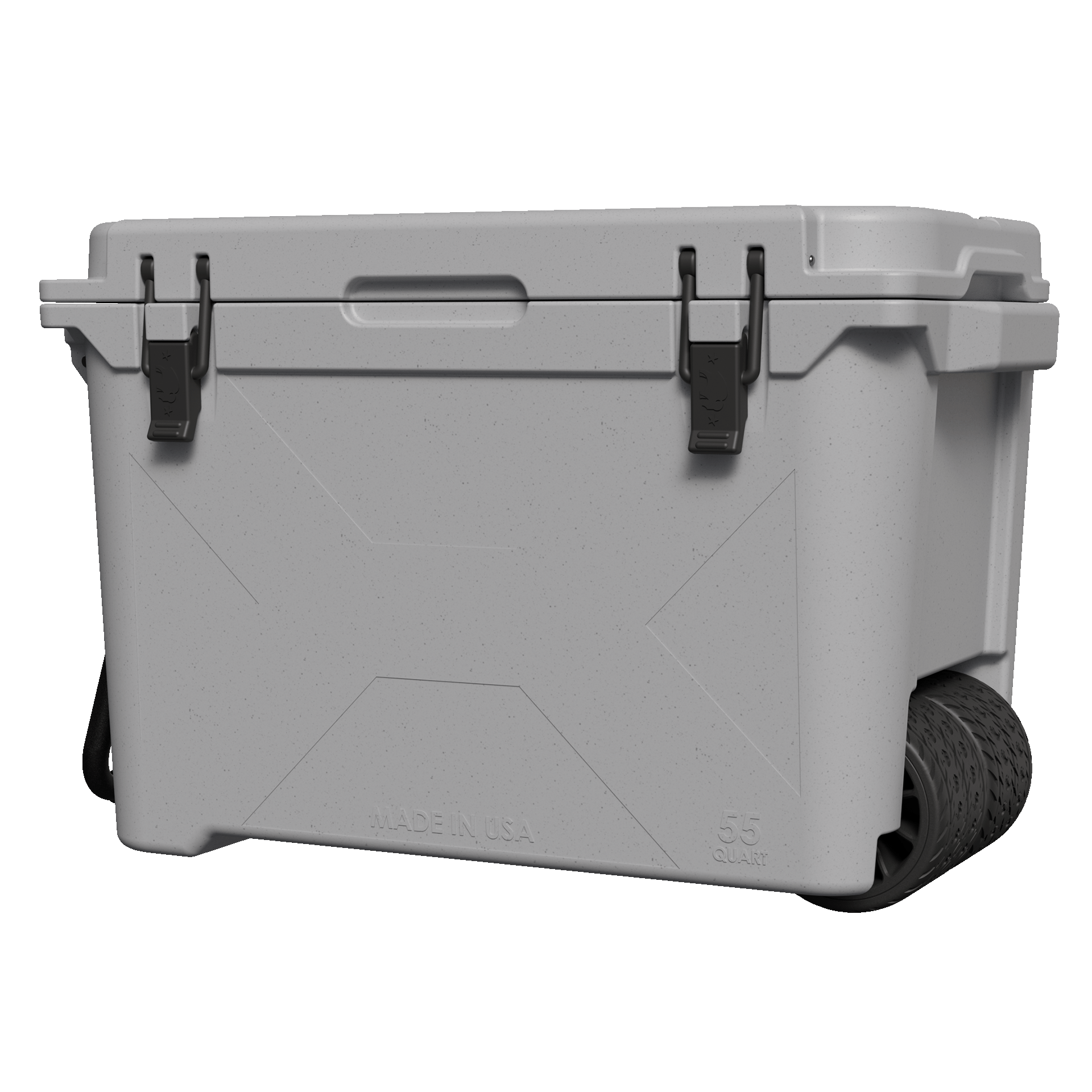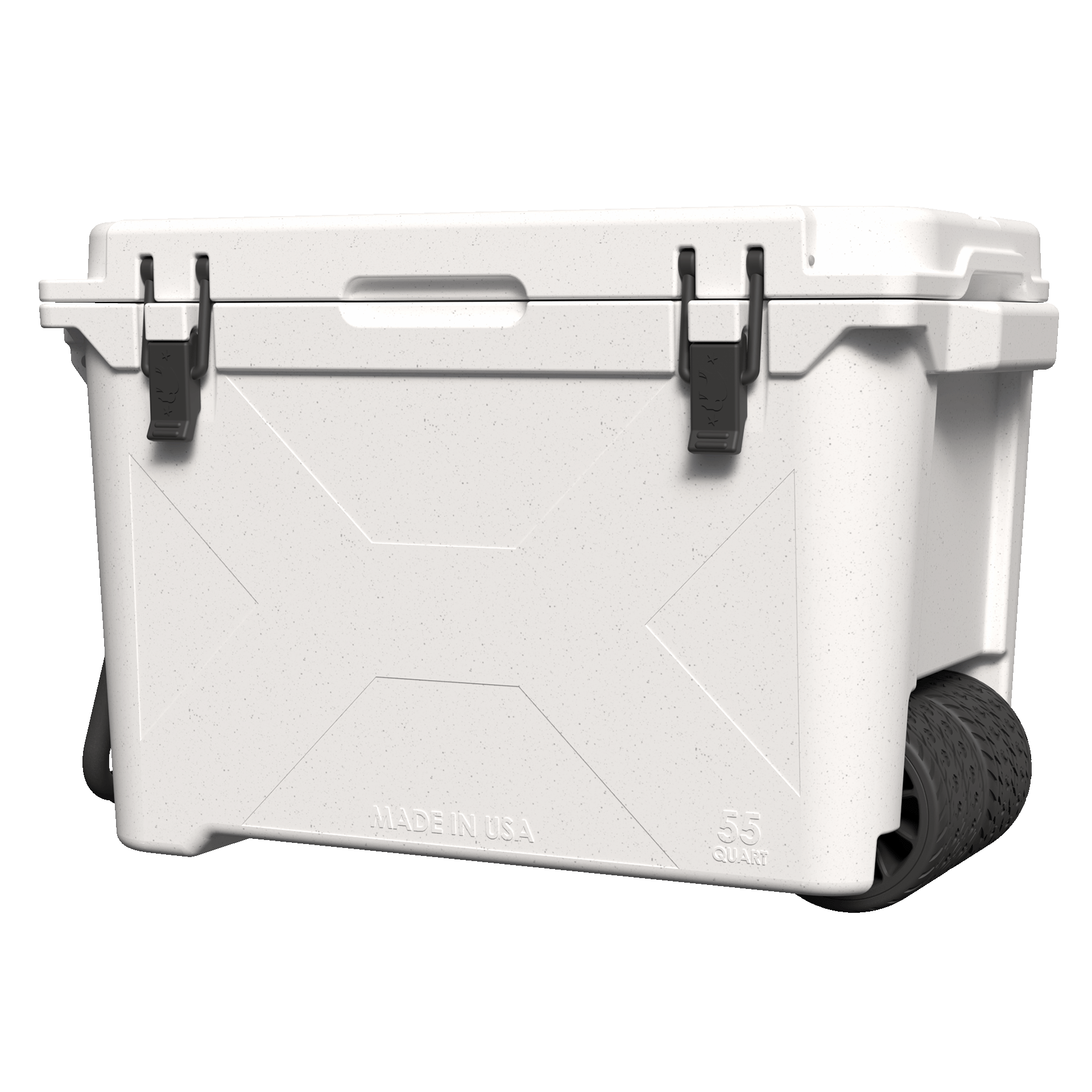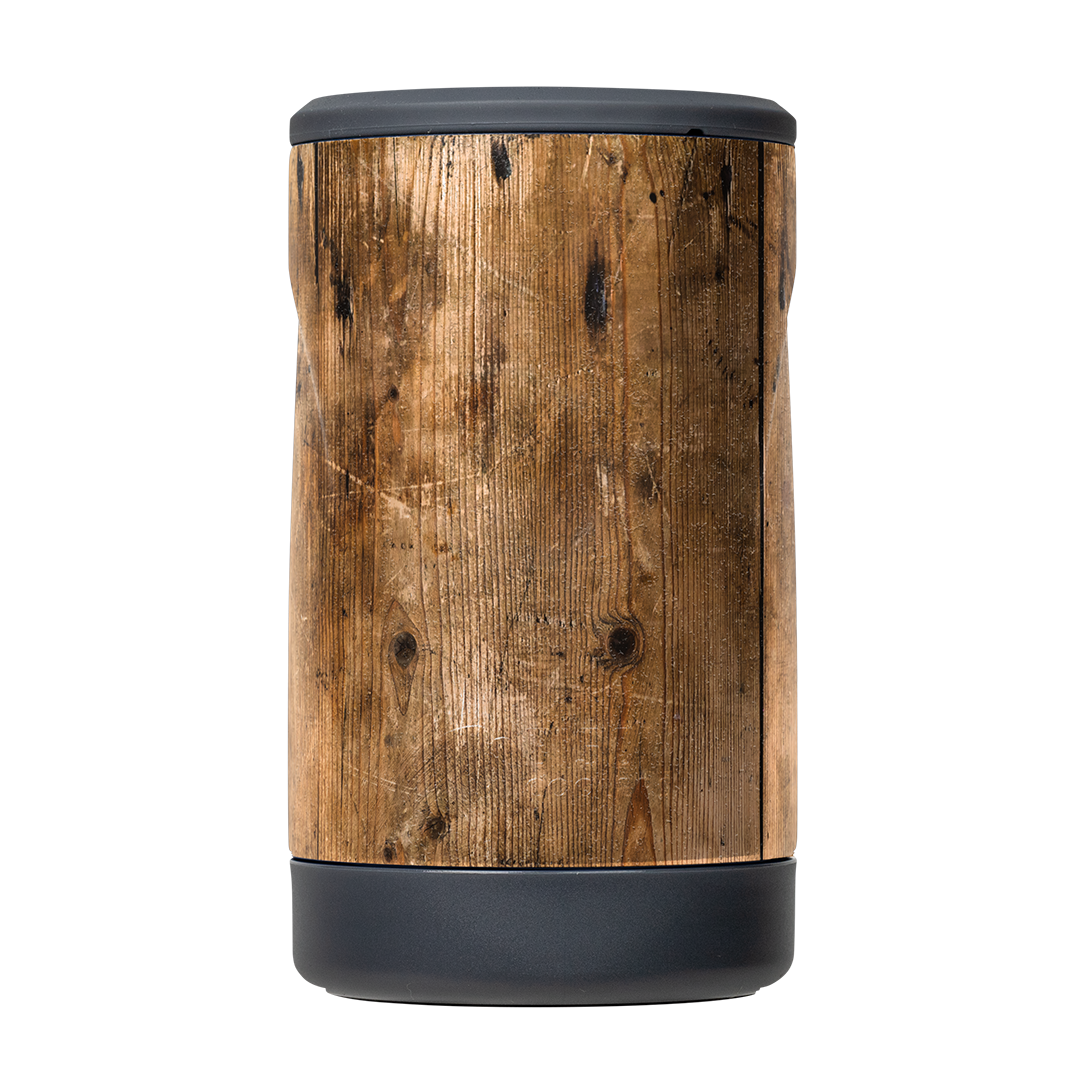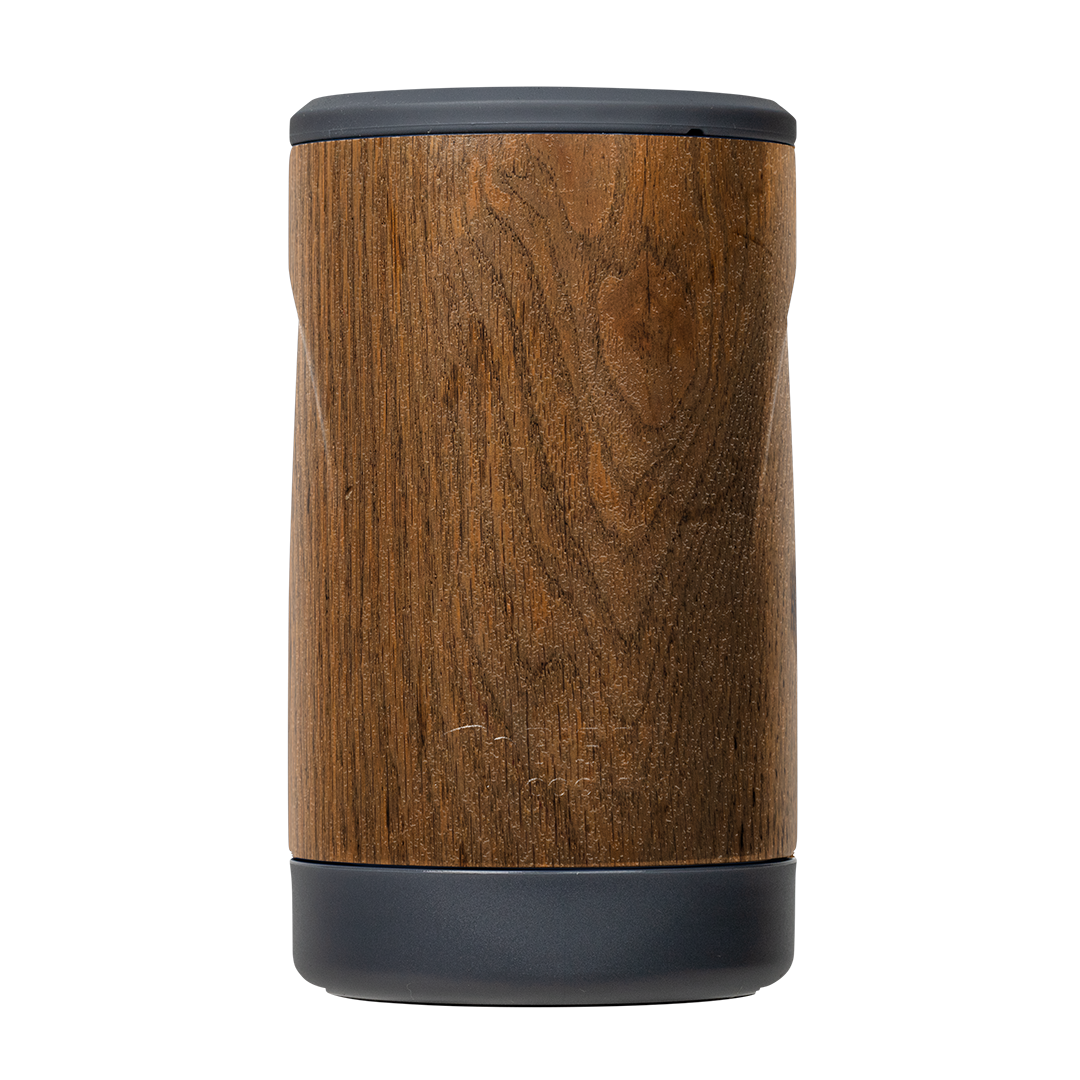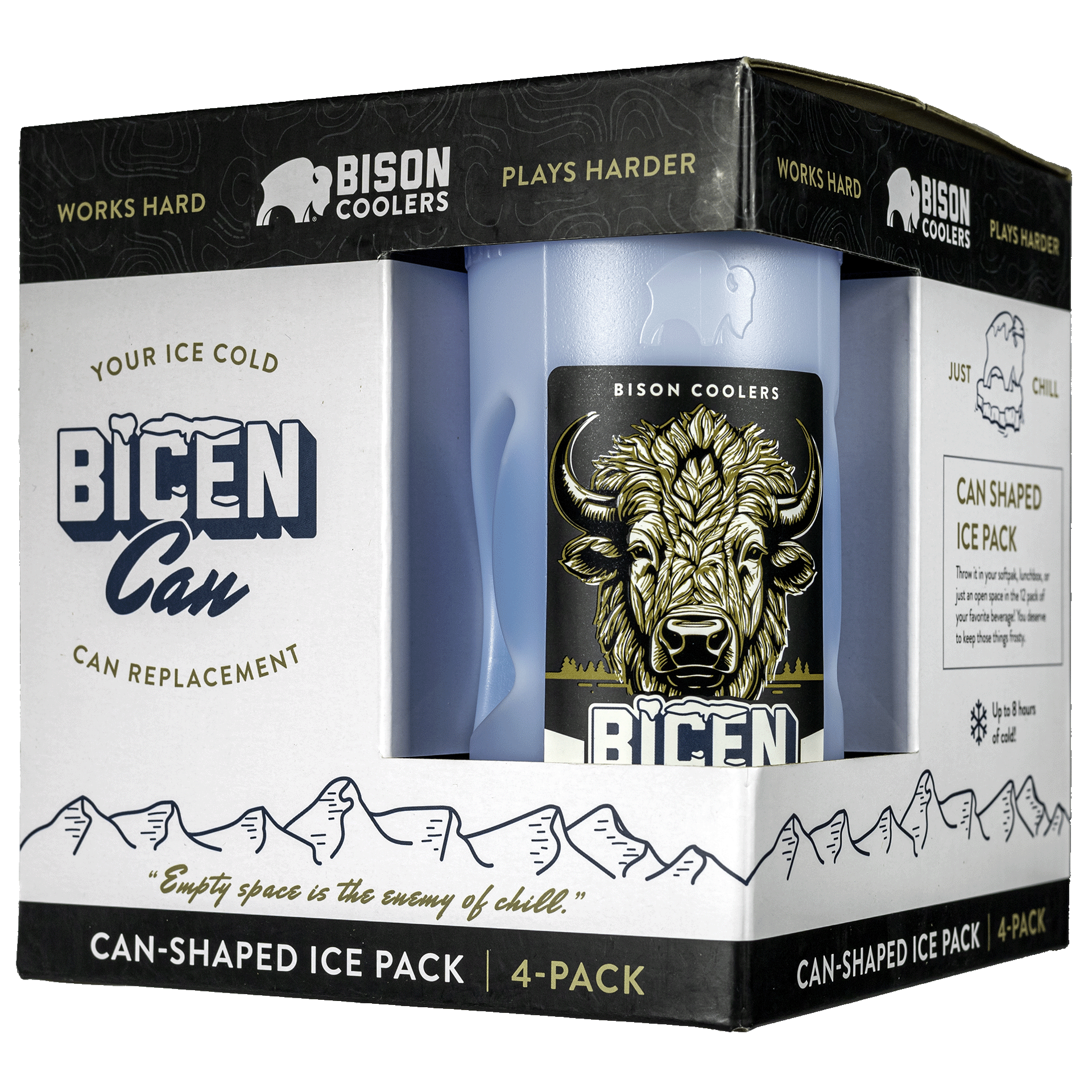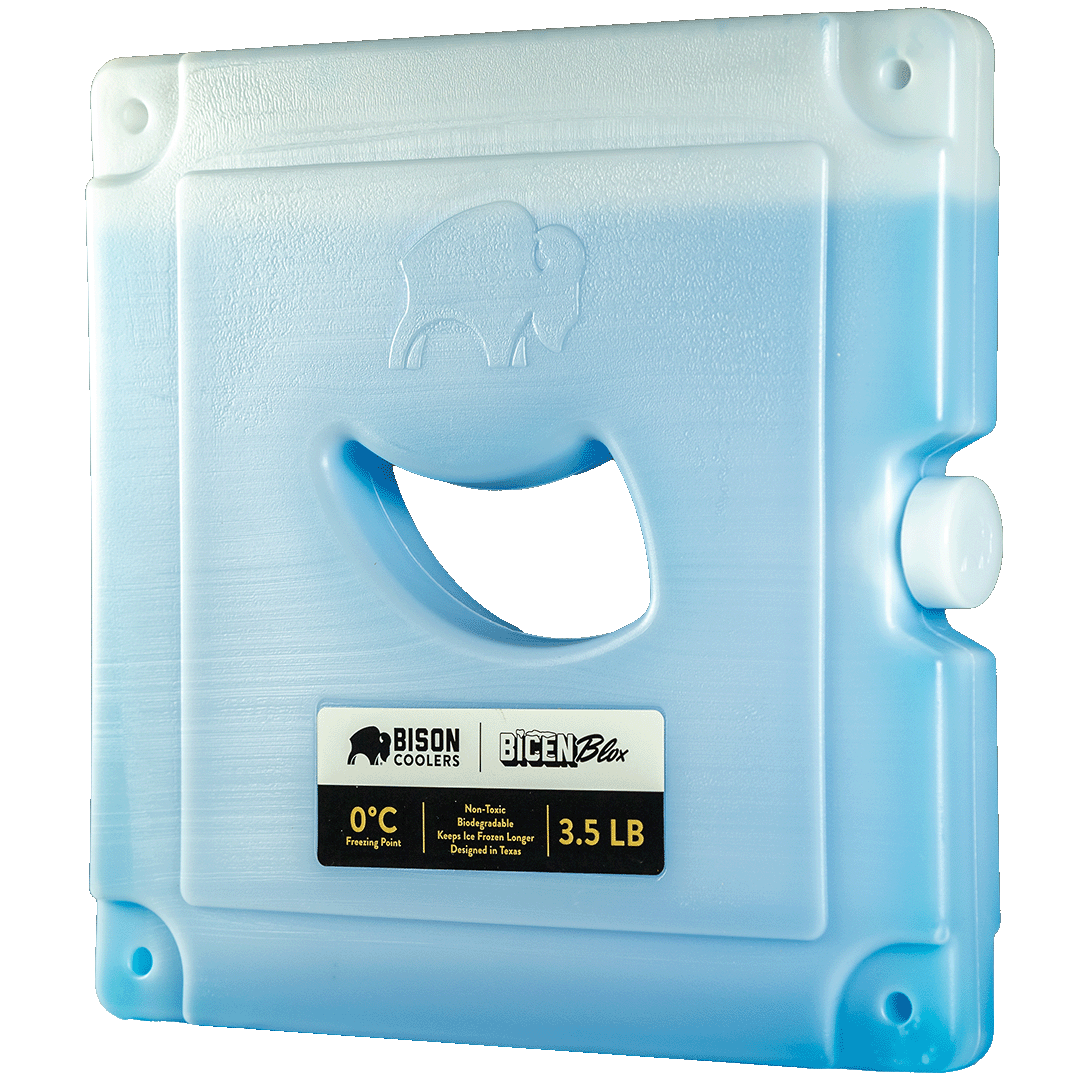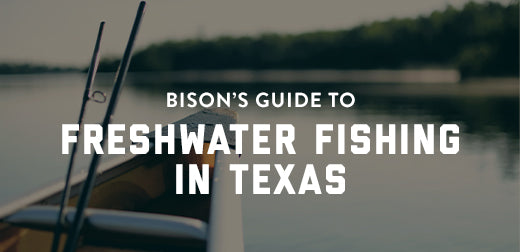
Freshwater Fishing in Texas
Preparing for Your Texas Freshwater Fishing Trip
For fans of freshwater fishing, you couldn't ask for better than Texas. The Lone Star State has thousands of lakes, dozens of rivers, and a year-round fishing season. Admittedly, you won't see a lot of folks on the water during the dead of winter. However, as the weather warms up and Texas's three weeks of spring give way to its seven months of summer, you'll see more and more folks taking to the lakes. If you're planning a freshwater fishing trip in Texas, here are a few tips to keep in mind before you drop your line in the water.

Get your license and endorsement (if necessary)
You'd be surprised how many people ignore or overlook this step. A fishing license and freshwater endorsement can be easily purchased online and typically runs $30 for Texas residents and $58 for non-residents. If you take a chance and get caught fishing without a license, you could end up paying a criminal fine as high as $500.
Note that fishing licenses are only necessary if you're fishing on public water. If you're fishing in a state park or on private property (where the water is completely enclosed by the privately-owned land), then you don't need a license. You also don't need a license if you are under 17 years of age or if you were born before January 1, 1931.
For more information on fishing licenses and endorsements, visit the Texas Parks & Wildlife page.
Hope for good weather but prepare for bad
There's an old expression in Texas... If you don't like the weather, just wait a minute. Even if you get lucky and avoid the rain, you should bear in mind that the air tends to be cooler on a lake than on land, especially during the early morning or evening hours. So dress for the weather you expect, but make sure you bring along a jacket, fleece, or hoodie and some rain gear, just in case.
Figure out ahead of time what you're fishing for
While the Texas lakes and rivers may be home to an insane variety of fish, the trifecta for freshwater fishermen are typically bass, crappie, and catfish.
Bass prefer to lay in wait and ambush their prey, which means you'll want to fish for them in spots with a lot of spots where they can hide: grass, weeds, lily pads, rocks, and even around boat docks. Bass are attracted by movement, so crankbait lures that mimic swimming fish are usually a good bet.
Crappie tend to gather in deeper water around brush piles or standing timber and, unlike bass, they prefer live bait. Fishing for crappie requires patience above all else. Bait your hook with a minnow, worm, or cricket and attach a sinker to make sure it gets down to the proper depth. Then drop your line in the water and wait.
Catfish are typically bottom feeders. They're attracted to movement, so you'll need to get your bait down to the lake bottom and drag it along to get their attention. When it comes to taking the bait, catfish tend to be less picky than other fish. They'll go for live bait, lures, or even a hook baited with soap!

Organize your equipment and supplies
Once you figure out what kind of fishing you're going to be doing, you'll know exactly what to pack. Whether you're going to be casting and reeling or simply casting your line in the water and waiting, you'll want to make sure you pack the right rod, reel, and line for the job. It's a good idea to bring a backup rod so you won't be forced to cut your trip short if something unexpected happens.
Freshwater fishermen often run into unexpected snags, so make sure you pack extra spools of line, along with additional hooks, swivels, sinkers, and corks. If you're a fan of fishing lures, bring along a variety. If you're using live bait, don't forget the bait buckets and coolers.
You'll definitely want a tacklebox to keep your gear organized. If you're going to be doing some hiking to get to the water, you might want to invest in a second, more compact tackle kit to attach to your belt or keep in your pocket. That way, you can use it to tote your essentials and leave your large tackle box in the car.
If you're going to be fishing for an extended period of time, you're going to need a cooler for food and drinks. A Work 'N Play SoftPak Cooler Bag is perfect for a quick lunch and a couple of beverages. If you need more room for your provisions, Bison also offers a number of 12 Can and 24 Can SoftPak Coolers.
You're also going to need an ice chest to keep your catches fresh! If it's just you and a handful of friends, then a 25- or 50-quart Bison Cooler should suffice. However, if you have a larger group (or if you're just feeling particularly optimistic), Bison also offers 75- and 125-quart ice chests.
If you're going out on the lake or hiking in unfamiliar territory, you should bring a map with you. Not only will it help you keep your bearings, it's great for marking down your favorite fishing holes.
And finally, here are a few more essentials you shouldn't forget to pack:
- A sealable, waterproof bag for your permits, cellphone, and wallet.
- A fishing net to scoop up those fish that are particularly tricky to land.
- Long-nose pliers to remove hooks from the fishes' mouths.
- A first aid kit for any unexpected cuts, scrapes, or minor injuries.
- A good knife or multitool that you can wear on your belt.
- Sunglasses, sunscreen, and insect repellent.
- A tape measure so you can start bragging about your fish as soon as you land it.
- A camera, just in case your friends don't believe you when you start bragging.

